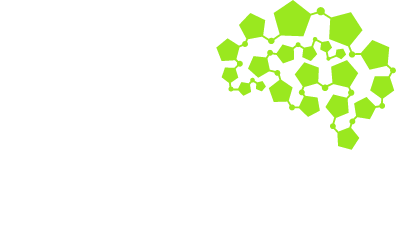Leiden, The Netherlands, 29 June 2021 – VICO Therapeutics, a Leiden, the Netherlands, based biotech company focusing on the development of RNA modulating therapies for rare neurological disorders, today announced that the Office of Orphan Products Development (OOPD) of the U.S. Food and Drug Administration (FDA) has granted orphan-drug designation for VO659, VICO’s investigational antisense oligonucleotide (AON) therapy for the treatment of spinocerebellar ataxia (SCA). In February, VICO already received orphan drug designation for VO659 in SCA from the European Commission.
Rupert Sandbrink MD PhD., Chief Medical Officer at VICO, stated:
“Spinocerebellar ataxia belongs to the group of polyglutamine disorders which are debilitating and progressive diseases, leading to significant impairment of mobility and multiple other daily activities of patients suffering from these conditions. Currently, no disease modifying treatments are available for these patients. Our investigational RNA modulating therapy is designed to lower the mutant protein levels causing these neurodegenerative diseases.”
“We’re excited to obtain orphan-drug designation from also the FDA, following the EC grant earlier this year. This deeply underserved patient population deserves new therapies, and we look forward to advancing VO659, our therapy that holds great potential for addressing their unmet needs. It also recognizes the potential of our AON approach. This is yet another important step forward as we prepare for our first in human trials, expected to start in 2022.”
FDA’s Office of Orphan Products Development grants Orphan Drug Designation to drugs and biologics that are defined as those intended for the safe and effective treatment, diagnosis or prevention of rare diseases/disorders that affect fewer than 200,000 people in the U.S. The designation allows VICO to qualify for a number of incentives, including seven years of market exclusivity upon regulatory approval; exemption from FDA application fees for spinocerebellar ataxia; and tax credits for qualified clinical trials.
=== E N D S ===
Contact
| VICO Therapeutics B.V. Gertjan Bartlema, Chief Executive Officer T: +31 (0)71 203 68 31 E: Gertjan.bartlema@vicotx.com www.vicotx.com | LifeSpring Life Sciences Communication, Amsterdam, the Netherlands Leon Melens T: +31 6 538 16 427 E: lmelens@lifespring.nl |
About SCA
Spinocerebellar ataxia (SCA) is a group of rare, progressive hereditary genetic disorders that affects the cerebellum, brain stem and spinal cord. More than 30 types of SCAs have been identified to date (SCA1–SCA36), and the most common SCAs (types 1, 2, 3, 6 and 7) are caused by translated CAG trinucleotide repeat expansions that encode elongated polyglutamine (polyQ) stretches in the respective disease proteins. Presence of the elongated polyQ stretch confers pathogenic properties to the resulting protein through a dominant gain-of-function mechanism, resulting in degeneration of specific neuronal subpopulations that differ between the different SCA types. For SCA1 and SCA3 disease manifestation includes ataxia of gait, stance, and limbs, dysarthria, and oculomotor abnormalities. To date, there are no disease-modifying therapies.
About VO659
VICO’s lead antisense oligonucleotide product, VO659 is designed to suppress mutant proteins and slow or halt disease progression. A major strength of VICO’s approach is the broad applicability to different polyQ diseases and the preferential reduction of mutant relative to normal polyQ proteins.
About VICO Therapeutics
VICO Therapeutics is a Leiden, the Netherlands, based private biotech company focusing on the development of RNA modulating therapies for rare severe neurological disorders. VICO’s antisense oligonucleotide platform (AON) is focusing on different forms of spinocerebellar ataxia (SCA) and Huntington Disease (HD). Its early discovery RNA editing platform is directed towards RETT syndrome.



